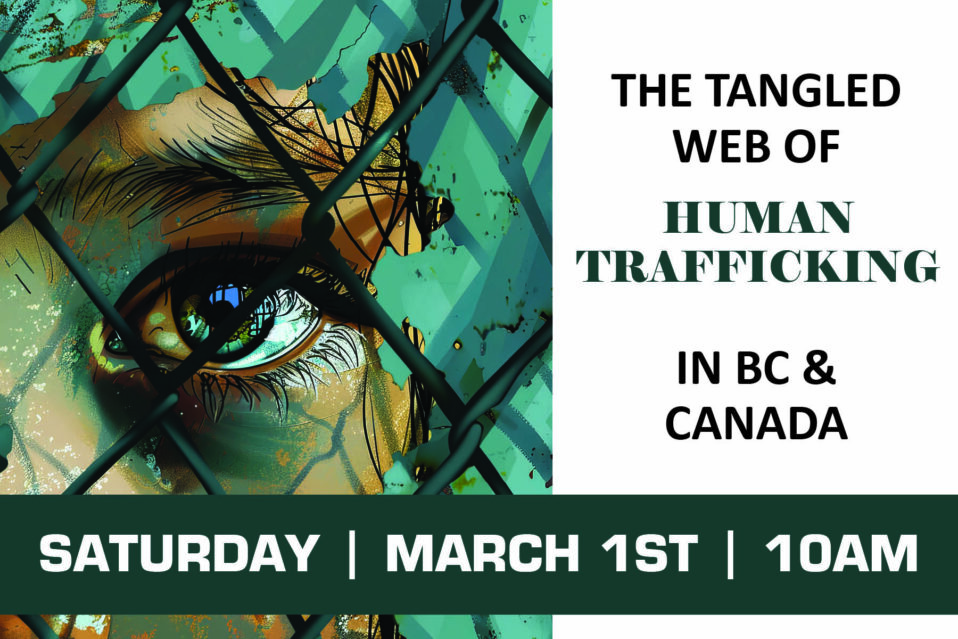3.1 The State of the Family
Blessed John Paul II in his encyclical addressing to the family reminds us that “since the Creator of all things has established the conjugal partnership as the beginning and basis of human society,” the family is “the first and vital cell of society.” However, the basic cell, that is the foundation has now become unstable and collapsed. According to the information provided by the USCCB out of 34% of couples who are married in the Church, 12% would end up in a divorce (one out of three couples). Based on Statistics of Canada, the divorce rate climbs as high as 38.3% across the country.
The family has vital and organic links with society, since it is its foundation, nourishment, and life. It is from the family that society comes to birth and it is within the family that they find the first school of social virtues, the breathing principle of the existence and development of the society itself. However, this society has changed and in a reversal effect, influences the family negatively. It forms family to be a selfish, individualistic, narcissist monster. This behaviour is “part and parcel of the commodified universe, with its values of competition, hedonism, noninvolvement, non-risk, loss of faith, and hopelessness.” By nature, the family opens to other families and to society, and undertakes its social role but instead exteriorly there are walls that separate neighbours to the point that they do not know who lives next door and interiorly each in his/her own room and “world”.
The children in a broken family where parents are divorced suffer emotionally, psychologically, spiritually, and even physically. The trauma of parental rejection that they have to deal with because half of these children will not see one or the other of their parents, eventually lead to depression and low self-esteem. They are more likely to turn to substance abuse and develop a behaviour problem. Through different studies, children with single parent have a higher chance to commit crime or become delinquents. Paul Vitz, a psychology professor at New York University, states that “we now know that divorce takes a heavy toll on children, and good evidence suggests that as many as a third of the children of divorce never recover psychologically.”
St. John Paul II saw the need to form the modern family in order to change society. The concerns he had for the family we now continue to experience.
There is also an awareness of the need for the development of interfamily relationships, for reciprocal spiritual and material assistance, the rediscovery of the ecclesial mission proper to the family and its responsibility for the building of a more just society. On the other hand, however, signs are not lacking of a disturbing degradation of some fundamental values: a mistaken theoretical and practical concept of the independence of the spouses in relation to each other; serious misconceptions regarding the relationship of authority between parents and children; the concrete difficulties that the family itself experiences in the transmission of values; the growing number of divorces; the scourge of abortion; the ever more frequent recourse to sterilization; the appearance of a truly contraceptive mentality.
Adding to this difficulty is the new challenge arises in the civil court that changes the definition of marriage. On July 8, 2003 the government of British Columbia / Vancouver legalized “same sex marriage”. It destroys the foundation of the family and violates the dignity of a human person particularly of a child. During the anniversary of the centennial anniversary of the Rerum Novarum, Pope John Paul II reminded us once again that human rights are not created by the works of man but they “flow from his essential dignity as a person.” However, what the lawmakers try to do was to redefine the reality of marriage that is, the union of a man and a woman that gives a possibility of a child-born, to the definition of a committed relationship between two adults to accommodate same sex couples. The direct effect of this outcome is that the redefined law of marriage robs the right of a child to his/her birth parents. The law is based on the premises that an institution has no interest to reunite the children to their natural parents. Thus, the law was made to suit the interest of two adults and not about the children or family. The remote effect of this absurd law has already mentioned above by Dr. Vitz of children who become delinquent, criminal, addict, etc.
To be continued…












